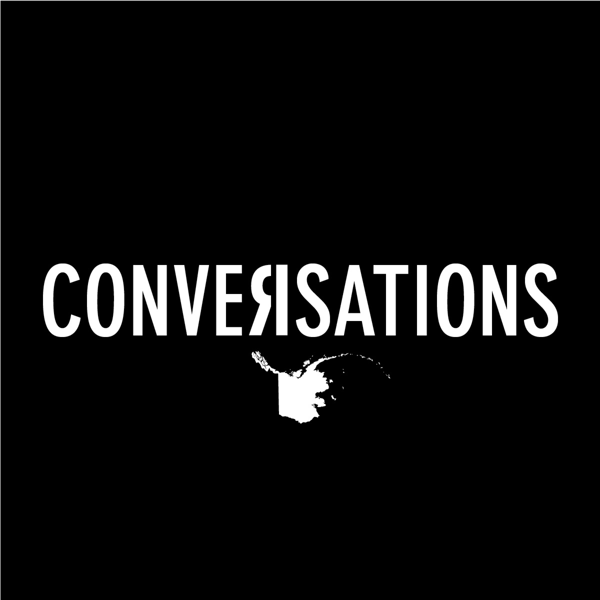Chatter Marks EP 99 Listening to the soundscapes of Alaska with Erin Marbarger
Crude Conversations
crudemag
5 • 884 Ratings
🗓️ 2 December 2024
⏱️ 65 minutes
🧾️ Download transcript
Summary
Transcript
Click on a timestamp to play from that location
| 0:00.0 | I mean, that's, I think also the possibility is, or, you know, importance of capturing these soundscapes is because they're changing. |
| 0:19.0 | And, you know, sound is a measure of change. |
| 0:23.6 | And so what this soundscape is today versus what it will be in 50 or 100 years, |
| 0:32.6 | you know, we will be very, very different. |
| 0:35.6 | And so I think there's value in capturing that |
| 0:40.3 | and being able to reflect back on what it was and how it's changed, |
| 0:47.3 | whether it's, you know, maybe in a lovely future, |
| 0:52.3 | it's a more diverse soundscape or it's more pristine because we've |
| 0:57.0 | reduced some of the human kind of inputs, or maybe it's the opposite where it's degraded |
| 1:04.0 | and it's not as natural. |
| 1:07.0 | But I think we can measure, again, our impact on the environment through studying that historical piece and how we shift our behavior is either good or bad in the future. |
| 1:21.2 | That was Aaron Marburger. |
| 1:24.0 | She's the Senior Education Director and Director of Climate and Sustainability at the Anchorage Museum. |
| 1:32.0 | And for the last six years, Aaron, museum staff, and schools and communities have been collecting soundscapes from around Alaska. |
| 1:42.4 | Anchorage at first, and then other locations like Nanana, Nuixit, |
| 1:47.0 | portage, Saldovia, Sitka, and Saldatna. They recorded sounds from rivers to traffic. |
| 1:56.0 | Everything that punctuates an otherwise quiet environment, because much can be learned from these sounds. |
| 2:03.9 | Weather patterns, animal behavior, human activity, it all shapes the world we live in, both natural and man-made. |
| 2:15.4 | How about climate change, though? Does that have a sound? This is a question Aaron has been |
| 2:22.2 | thinking about a lot lately. She says that one way we hear it is in the lack of sound, an animal that no |
| 2:30.9 | longer exists in a certain area, for example. |
| 2:35.4 | Acoustic phenology, the study of how climate affects plants, animals, and microbes, |
... |
Please login to see the full transcript.
Disclaimer: The podcast and artwork embedded on this page are from crudemag, and are the property of its owner and not affiliated with or endorsed by Tapesearch.
Generated transcripts are the property of crudemag and are distributed freely under the Fair Use doctrine. Transcripts generated by Tapesearch are not guaranteed to be accurate.
Copyright © Tapesearch 2025.

